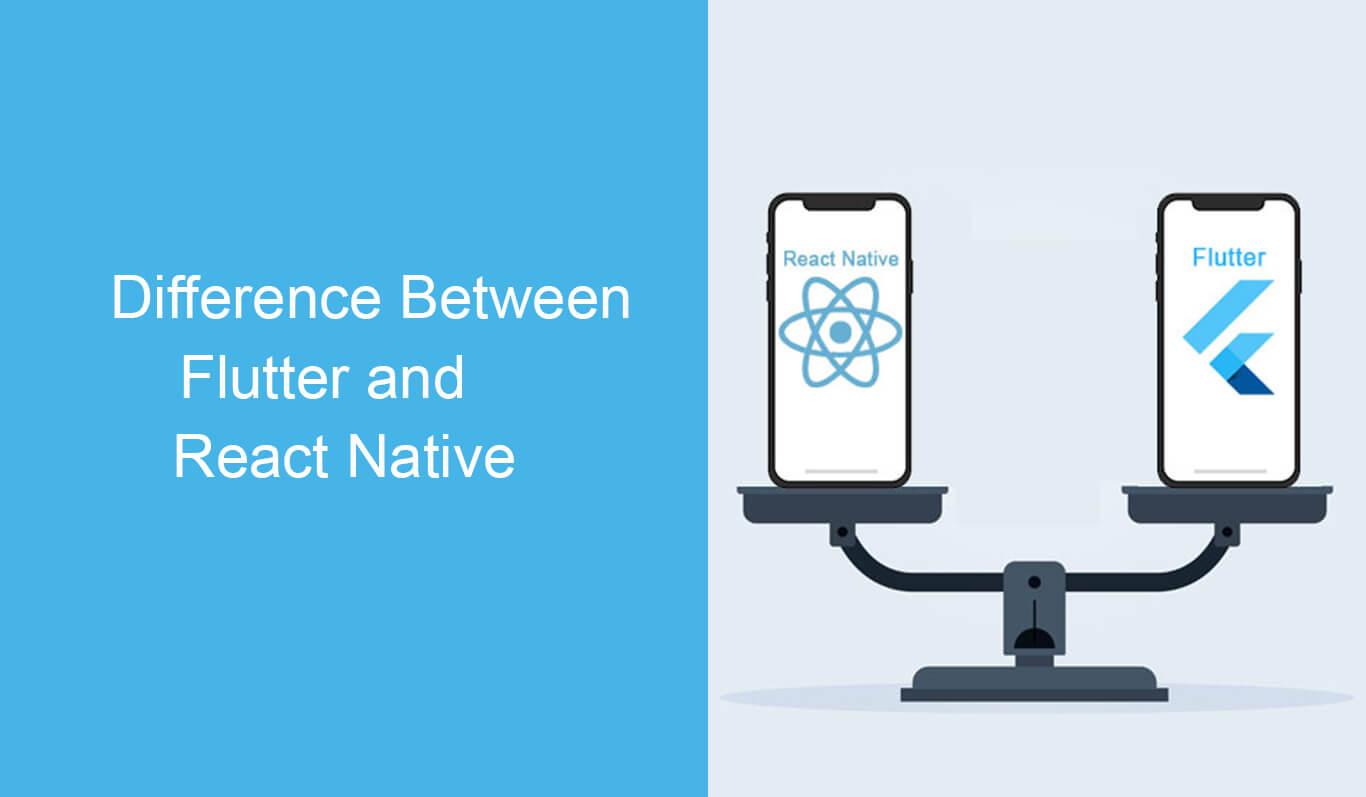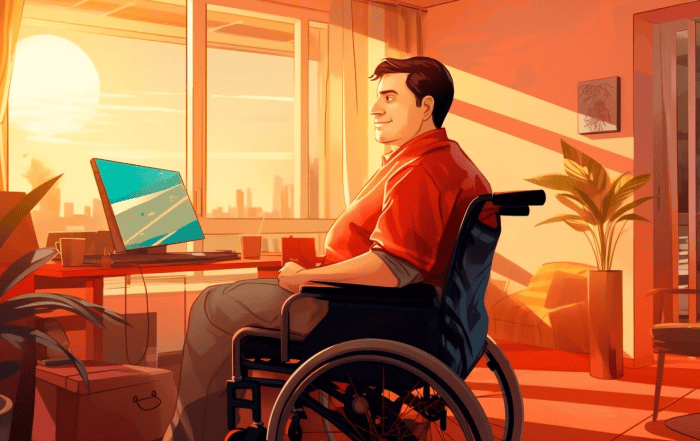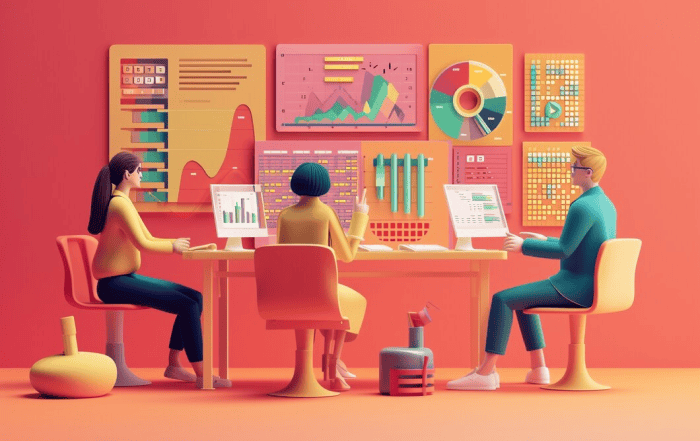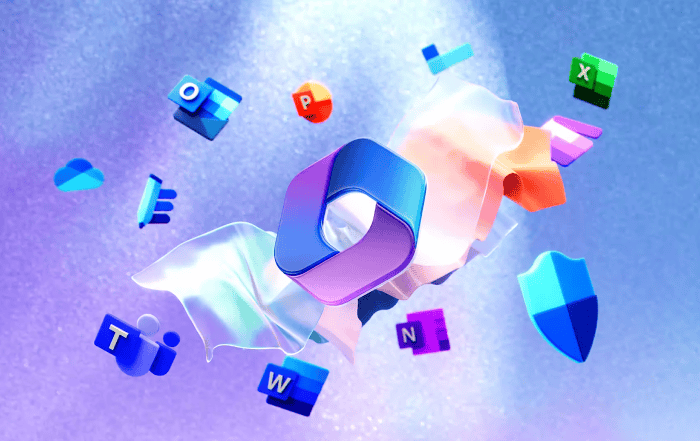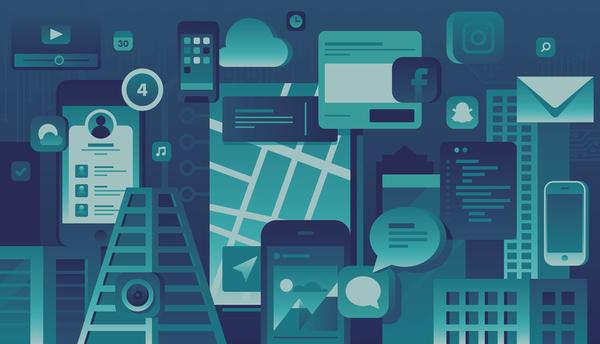
Throughout the years, technology has continued to revolutionize the world. Global information is now at our fingertips, paving the way for the creation and use of multi-functional tools, resources, and devices like the smartwatch and the smartphone.
The result of this is that technology has embedded itself in everything we do. Health, communication, education, information, and entertainment — there’s no aspect of life technology isn’t involved in.
As technology develops, it becomes faster, more portable, and more affordable. Homes, hospitals and offices are getting smarter, and automation is providing convenience we’ve never seen before.
Technology has embedded itself into everything we do. Here are six technologies that have revolutionized health, communication, entertainment and more.
1. Mobile phones
If you’re asked what technological device you couldn’t live without, your first thought would most likely be your mobile phone. Mobile phones, and now smartphones, have transformed our lives way beyond just how we communicate.
Apart from calling, texting and emailing, more than 2 billion people around the world use mobile phones to navigate, book car rides, make financial transactions, compare product reviews, read the news, watch movies, play games, take photos and participate in social media. Smartphone technology has ultimately made our lives easier and even more enjoyable and has provided opportunities for small businesses, big business and everyone in between.
2. Personal computers
Only a few decades ago, the first personal computers were introduced, including the IBM 5100 and the Commodore PET. But not many people could afford to have one back then. Today, millions of people carry personal computers in a bag over their shoulder.
If you look at the education, health, transportation and communication sectors, it’s hard to imagine how these industries worked before computers. In biology, research was once done entirely in the lab or in the field, but now it often begins with a predictive model on a computer. Today, these sectors all benefit from more and new forms of data, systems, tools, and techniques that have only been made possible through the evolution of personal computers.
3. MRI scanners
A breakthrough technology that has improved the lives of everyone is the magnetic resonance imaging (MRI) scanner. The MRI has forever changed the way doctors analyze and diagnose patients, as it allows doctors to look inside their patients safely and painlessly.
MRI machines use the principles of spectrometry and are part of a long line of non-invasive imaging tools, beginning with X-rays in 1895. But unlike X-rays and CT scans, MRI machines don’t expose patients to ionizing radiation. These machines also reveal detailed body structures and reduce unnecessary procedures, side effects and costs, providing a number of benefits to both healthcare providers and patients.
4. Home entertainment
Remember going to the local Blockbuster to pick up your favorite movie to watch? The convenience of in-home streaming services like Netflix and Stan has changed the way we consume media. In 2008, Netflix had just 7.5 million DVD-by-mail subscribers.
Today, Netflix has over 130 million subscribers and it has inspired a whole new era of moviemakers and TV series. This technology has contributed to improving our ability to access entertainment, and often at a reduced cost.
5. Genetic engineering
Genetic engineering refers to the direct manipulation of DNA to alter an organism’s characteristics (phenotype) in a particular way. This may involve changing one base pair (A-T or C-G), deleting a whole region of DNA, or introducing an additional copy of a gene. It may also involve extracting DNA from another organism’s genome and combining it with the DNA of that individual.
The biggest benefit genetic engineering has brought to society is the creation of genetically modified organisms (GMOs) which have improved agricultural processes and the production of valuable pharmaceutical substances. With genetic engineering in the future, the world could become disease-free, and babies could be designed in labs by parents who live in a world where aging has stopped.
6. Online shopping
Where we used to go into town or to a regional shopping center to shop, we now surf the internet and shop online. The widespread adoption of home computers, high-speed Internet connections, fast overseas delivery and immense choice of retailers has created this new kind of shopping revolution. Even groceries can be ordered online and delivered the next day, making our lives significantly more convenient, particularly for people living in rural areas.
Summing up
The media frequently offers headlines that warn about the threat of future technologies. This distracts from what we really should be thinking about: how technology will accelerate human discovery and benefit our lives.
The power of technology lies in its unique properties. It exploits the laws of physics to perform operations on data that go well beyond the capacity of the binary digits. This is a pivotal time for technological research and our focus should be on the true promise of technology, not on imagined threats. New discoveries are constant, and that’s something worth celebrating.




